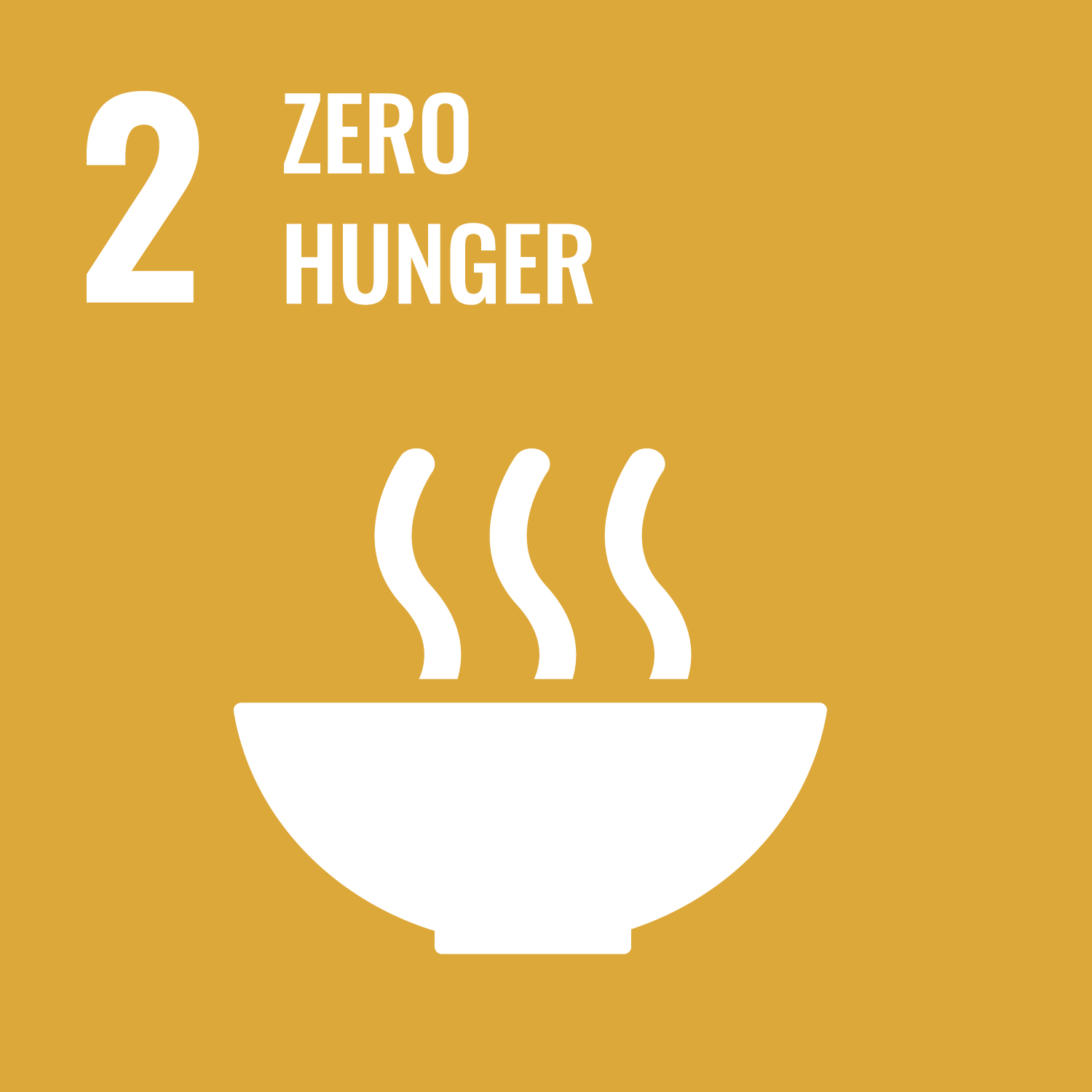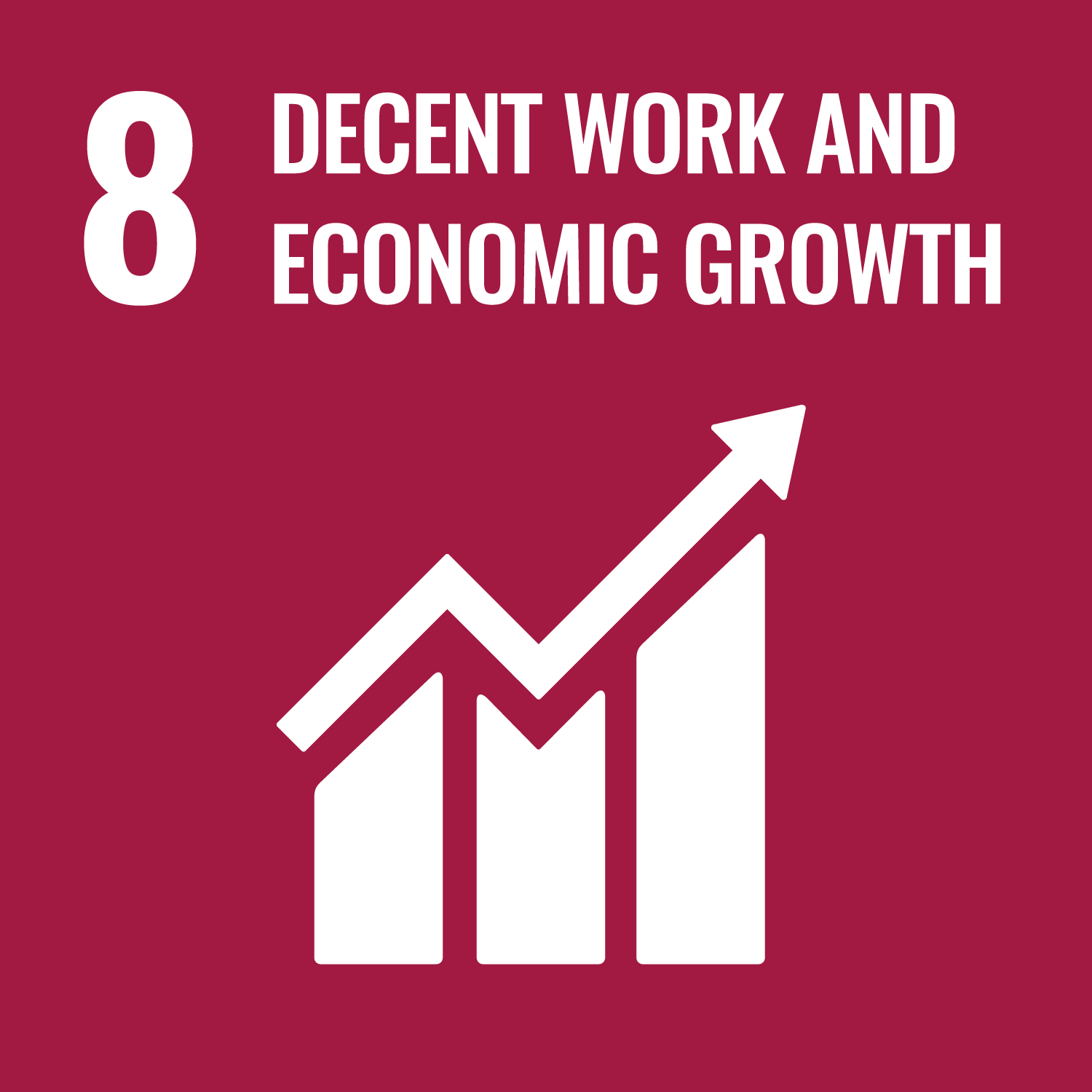Employment Promotion for marginalized groups in Timor Leste Ai ba Futuru – Partnership for Sustainable Agroforestry (PSAF)
Employment Promotion for marginalized groups in Timor Leste
Ai ba Futuru – Partnership for Sustainable Agroforestry (PSAF)
OBJECTIVES
- Increase the production and productivity of agroforestry systems
- Strengthen capacities of participants along selected agroforestry value chains
- Improve market access for the specific agroforestry value chains (agriculture, horticulture, wood production and processing)
- Improve the institutional and organisational framework for the promotion of agroforestry
DESCRIPTION
Employment opportunities are scarce in rural areas of Timor-Leste. In the male dominated Timorese society, vulnerable groups, such as women and young people, often have difficulty earning a living and particularly frequently face a lack of prospects, especially in rural contexts. Traditional farming methods and low levels of crop diversification often result in poor yields leading to regular food shortages while also causing significant environmental damages leading to increased soil erosion and flooding in rainy seasons. Farming and forestry are among the few income-generating opportunities in rural regions, which is where some 70 per cent of the population live.
Ai ba Futuru/PSAF is promoting Agroforestry as a sustainable land-use strategy that increases food security as well as employment opportunities and incomes for marginalised groups in Timor-Leste while at the same time helping to restore the degraded environment.
The project region includes the municipalities of Manatuto, Baucau, Viqueque and Lautem in the east of the country and implemented in close collaboration with the employees of the Timorese Ministry of Agriculture and Fisheries (MAF). The European Union (EU) is co-financing the project.
HIGHLIGHT ACTIVITIES
The project supports farmer groups in developing agroforestry systems using improved agricultural practices. At the same time, it strengthens capacities in peaceful conflict resolution, for example through participatory land-use planning, in rural areas.
Since the start of the project, farmers in 40 municipalities have established agroforestry systems. By the end of the rainy season 2020/2021, more than 5,000 farmers had planted around 2.7 million tree seedlings. In the future, these will provide wood, food and animal feed.
With additional funding from the European Union, Ai ba Futuru will further support the agroforestry communities and their trees through the construction of water harvesting and supply systems in 20 locations.
In addition to production, the project also addresses training and education along the entire agroforestry value chain. In cooperation with the agricultural schools in Timor-Leste, the project is developing curricula and improving vocational training in the agroforestry sector. The difficult market access and the lack of capacities in product processing are being addressed through training measures supported by a range of local NGOs. The experiences that these NGOs gained will help them to further scale up their activities and support many more farmer groups. Ai ba Futuru also facilitates the processing of locally produced construction materials such as bamboo and timber directly in rural areas for example through the establishment of 4 bamboo pre-processing centres and associated bamboo nurseries or the training of lumbermen in using mobile chainsaw milling equipment. Finally, to advertise Timorese agroforestry products the project organises regular agroforestry trade fairs with a nation-wide draw of buyers and sellers and also placed products from Ai ba Futuru farmers and a promotion video in the Timor-Leste pavilion at the Dubai Expo.
The project has trained more than 2,500 extension workers, farmers, tree nursery managers and forest guards on topics relating to sustainable agroforestry production systems. Thanks to the establishment of four agroforestry demonstration plots, farmers can now learn about agroforestry principles directly in the field.
The project also contributes to long-term capacity building. It granted 15 stipends for Master’s degrees in relevant subjects at the agricultural university in Bogor, Indonesia (IPB University) and supported the existing technical cooperation between MAF and the Indonesian Ministry of Environment and Forestry by taking over the travel costs of Timorese students who received scholarships at the Forestry Vocational School in Samarinda, Indonesia.
Ai ba Futuru also aims to create an enabling environment for agroforestry by addressing relevant framework conditions. The project does that on a local level, for example through participatory land-use planning in all 40 target municipalities, as well as on the national level by supporting MAF to develop a national Agroforestry guideline and streamlining it with the Timorese National Strategy for Community Forestry Development.
VIDEO
COUNTRY
Timor-Leste
DURATION
13 Dec 2017 - 28 Feb 2023
Commission Agency
BMZ
CO-FINANCING INSTITUTION
- European Union
SDG











